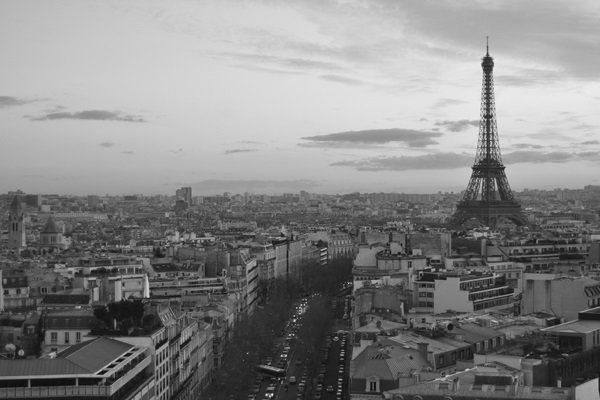The first issue on the European agenda following the Paris atrocities is how to improve the acquisition, interpretation and sharing of intelligence. Levels of effectiveness – and mutual trust – are very uneven across the Union and will remain so.
Among a million or more refugees entering Europe, some are bound to be undesirables, petty or serious. Winter in the Mediterranean will slow the influx but Syria will remain chaotic, whatever happens to ISIS, and there are other African sources of migrant flows. Another summer like this last one would overwhelm receiving European countries practically, socially and politically. It would endanger the survival of the Schengen system and create grave rifts within individual EU countries and within the EU as a whole. The seriousness of the strains is already all too clear.
In the short term, EU leaders are facing up to the suspension of the Schengen open border arrangements. Some are even talking about a more limited Schengen group of countries for the future. If the system is to survive, European citizens have got to have confidence in it. The Schengen system includes so-called hot spots where refugees can be checked, vetted and then moved on in an orderly way to permanent countries of residence. But the hot spots have been evaded or overwhelmed. The major refugee camps are in Turkey, Jordan and Lebanon. EU leaders are seeking ways to improve verification in situ. Turkey, in particular, is likely to want, in return, assurances about future EU membership and visa liberalisation for its citizens.
So far, the idea of such camps on European soil has been rejected, notably by Italy and Germany for understandable historical reasons. But the suggestion will be back on the EU agenda. Properly and humanely run with decent living conditions, and under rigorous EU supervision, they could provide a safe haven for refugees as well as a processing centre where the credentials of refugees could be checked and coherence established for their eventual long-term settlement. The alternative is not that, somehow, this year will not repeat itself. The very difficulty of finding homes, work and schools for refugees will make Governments and municipalities much more cautious in future. Those factors, and the impact of Paris, will also make citizens more wary.
In this situation, leadership within the EU is ever more crucial. Traditionally, such leadership has come from France and Germany. But President Hollande is reeling and Chancellor Merkel has a divided Government and has herself suffered significant damage because of her handling of the refugee crisis. Donald Tusk, the President of the European Council, is an experienced politician and a cool head but he has ultimately only the power of persuasion. When EU Heads of Government meet in December, the issue of Brexit is likely to seem to many of them an unwelcome irritant on top of the grave issues which confront the Union.
The United Kingdom, for its part, faces a decision on whether to extend to Syria its present aerial bombardment of ISIS targets in Iraq. Among the questions the Government will have to answer in the House of Commons are (i) the legal authority for such a campaign. If the US,UK, France and Russia, as four of the five Permanent Members of the UN Security Council, could reach agreement, then an authorising resolution would almost certainly pass. But the Russians, unlike the British, recognise the Assad regime as the legitimate Government of Syria and argue that Article 51 of the UN Charter (the right of self-defence by the Syrian Government, which asked for Russian help) is therefore sufficient existing legal authority; (ii) would attacks on ISIS in Syria succeed without a ground campaign? Foreign Secretary Philip Hammond told the House of Commons Foreign Affairs Committee that they would not. Former Foreign Secretary, Lord Owen, has advanced a plan for a UN force on the ground but that would involve leadership from the US, the UK and France, as well as Russia. None of those countries would put their own troops into Syria in present circumstances. So, forces on the ground means, in practice, Assad’s forces (whose reach is very limited) and what are now estimated to be thousands in different groups engaged in the fighting; (iii) with or without UN authorisation, what are the prospects of putting together an international coalition to support increased bombing in Syria? Nine countries are involved in airstrikes in Iraq and nine in Syria. Britain and Netherlands are involved in Iraq. So far, only France, of the EU countries, is involved in air strikes in Syria. The new Canadian Government has said it will withdraw from the Iraq campaign; (iv) what impact would British bombing in Iraq have on the terrorist threat to the United Kingdom? (v) what political process will accompany military action, for such action will not alone solve the chaos and bloodshed in Syria?
David Cameron has undertaken to answer these questions, and more, before seeking a vote in the House of Commons to authorise British military action in Syria.

